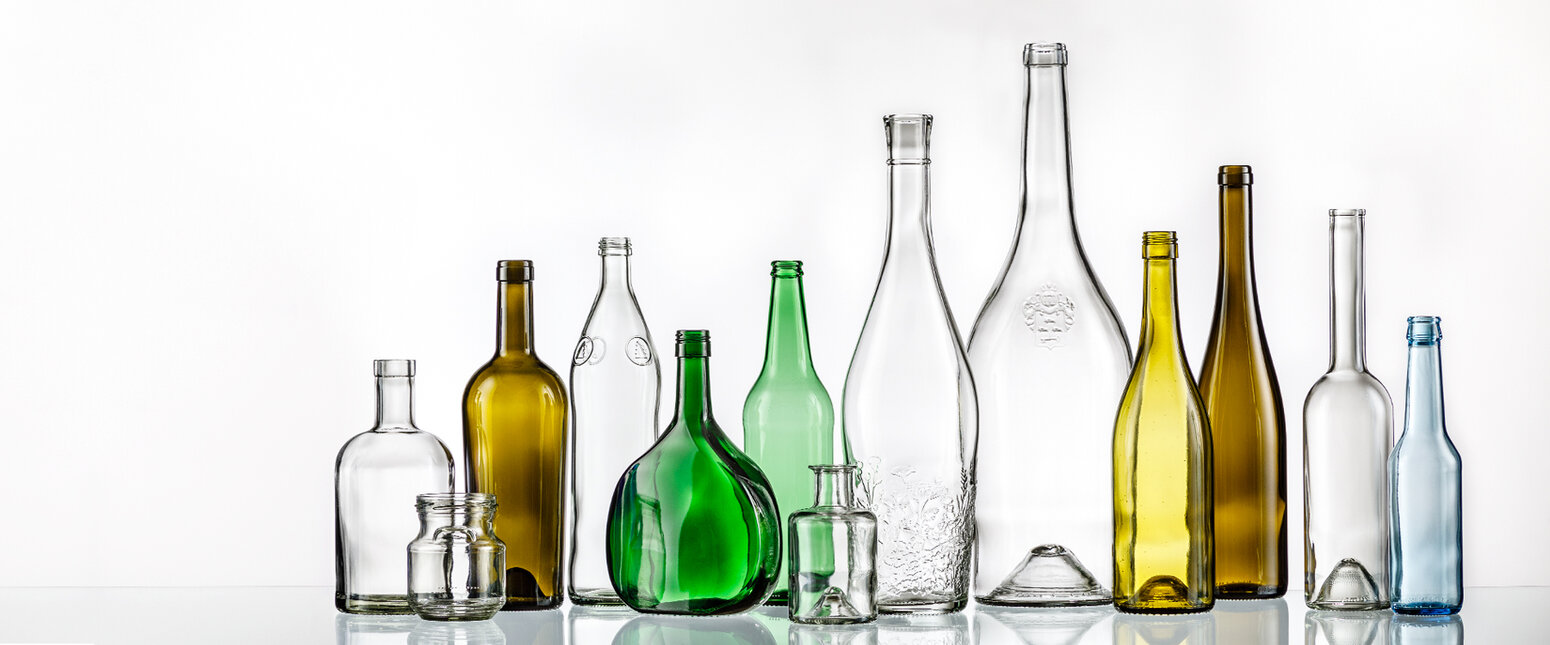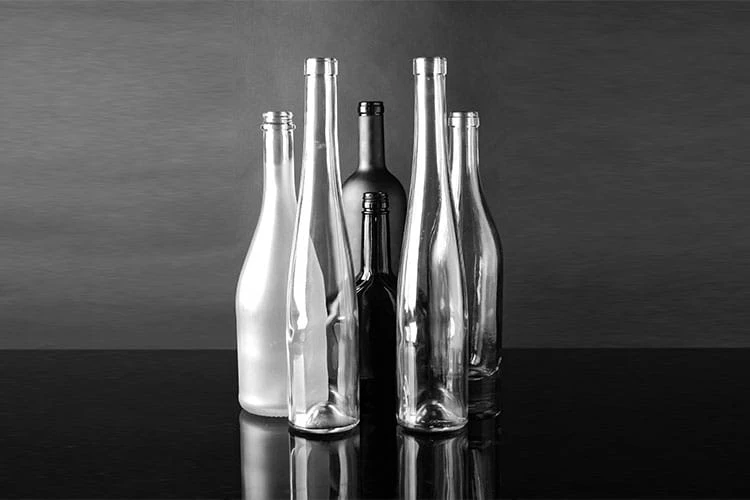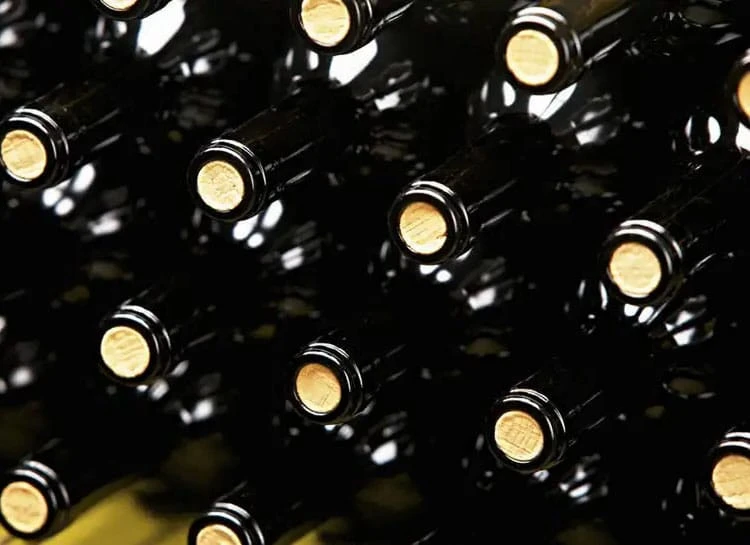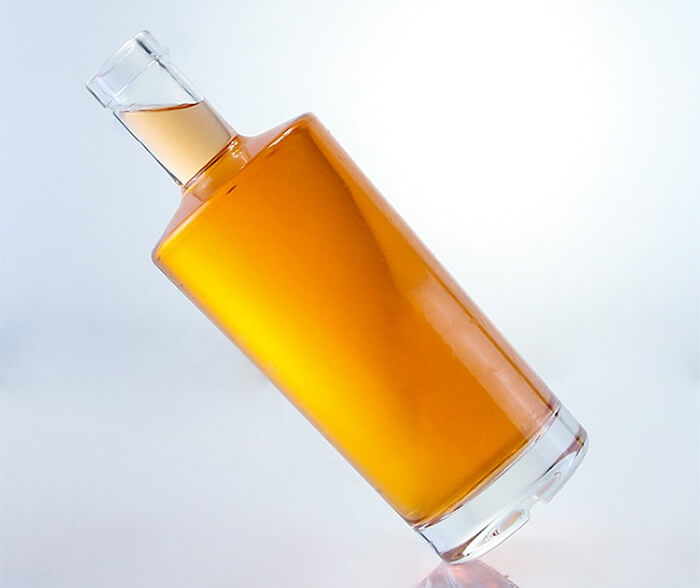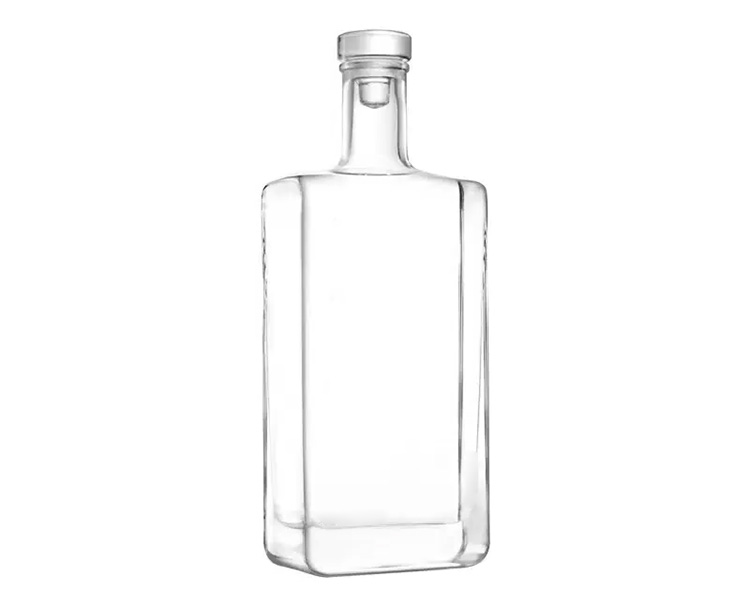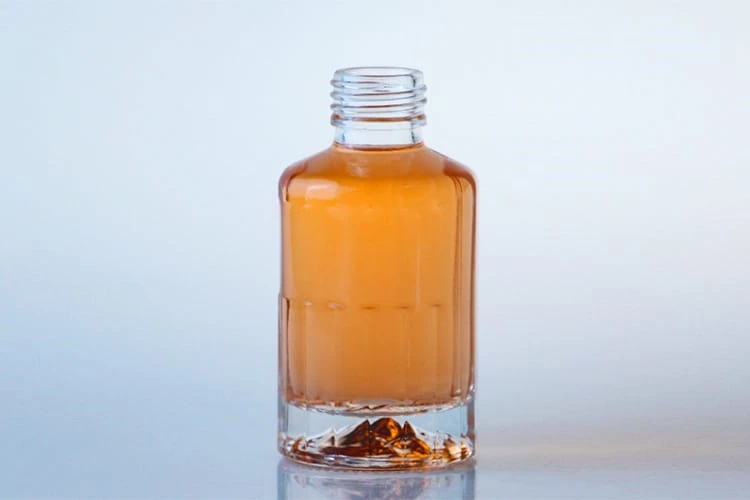When it comes to alcohol, glass bottles are the preferred choice for many reasons. For starters, glass is a non-porous material, meaning it won’t absorb any of the alcohol’s flavor or aroma. This is important for preserving the taste and quality of the liquor. Additionally, glass is a much better insulator than plastic or metal, which helps keep the alcohol at a consistent temperature. This is especially important for spirits like whiskey, which can be affected by temperature changes. Finally, glass liquor bottles are much more aesthetically pleasing than other materials, making them a great choice for displaying in bars and restaurants.
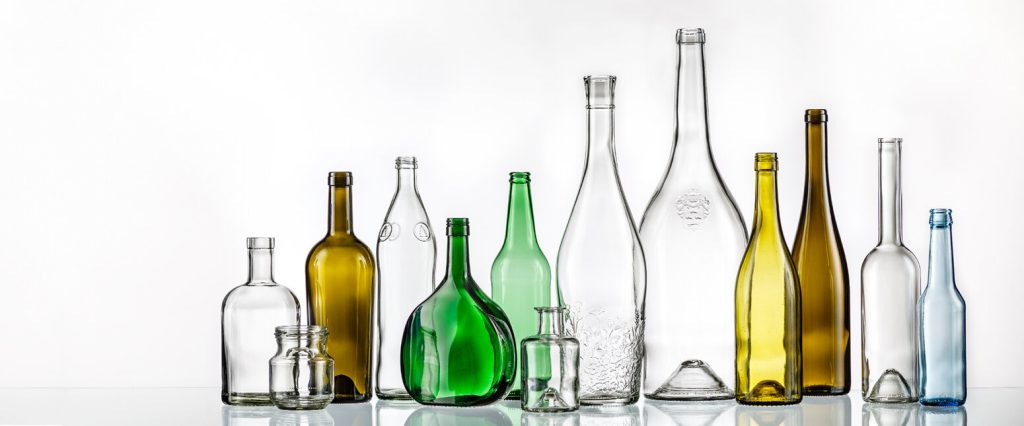
The History of Alcohol Bottles
When it comes to alcohol, the glass bottle is the most iconic and recognizable packaging. But why is liquor in glass bottles? The answer lies in the history of alcohol bottles. The earliest alcohol bottles were made of clay and date back to the ancient Egyptians. These bottles were used to store and transport wine, beer, and other alcoholic beverages. As time went on, glass became the preferred material for alcohol bottles due to its durability and ability to protect the contents from spoilage. Glass liquor bottles also allowed for the contents to be seen, which was important for quality control. Today, glass liquor bottles are still the most popular choice for packaging alcohol. This is because glass is a safe and reliable material that can be recycled and reused. Additionally, glass bottles are aesthetically pleasing and can be used to create unique designs that help to differentiate brands.
Benefits of Glass Liquor Bottles
When it comes to storing and serving liquor, glass liquor bottles are the preferred choice for many reasons. Not only do they look more attractive than plastic or metal containers, but they also provide a number of benefits that make them the ideal choice for storing and serving alcohol. Glass liquor bottles are airtight, which helps to preserve the flavor and aroma of the liquor. This is especially important for high-end liquors, as the flavor and aroma can be lost if the bottle is not properly sealed. Additionally, glass liquor bottles are non-porous, meaning that they won’t absorb any of the alcohol’s flavor or aroma. This helps to ensure that the liquor tastes the same each time it is opened. Glass liquor bottles are also much more durable than plastic or metal containers. They are less likely to break or shatter, which makes them safer to store and transport. Furthermore, glass liquor bottles are recyclable, making them a more environmentally friendly option than plastic or metal containers. Overall, glass liquor bottles are the preferred choice for storing and serving alcohol due to their airtight seal, non-porous surface, durability, and recyclability.
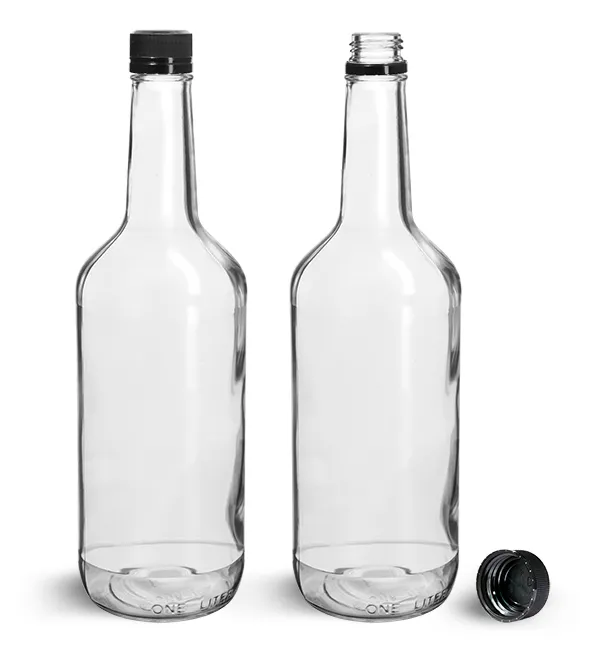
The Science Behind Glass Liquor Bottles
When it comes to storing and serving alcohol, glass liquor bottles are the go-to choice for many. But why is that? What is it about glass liquor bottles that make them the preferred choice for storing and serving alcohol? The answer lies in the science behind glass liquor bottles. Glass is a non-porous material, meaning it does not absorb any of the liquid it contains. This is important when it comes to storing alcohol, as it prevents the alcohol from becoming contaminated or altered in any way. Additionally, glass is also impermeable to oxygen, which helps to preserve the flavor and aroma of the alcohol. Glass liquor bottles also provide a great way to showcase the color of the alcohol, which can be an important factor in determining its quality. The transparency of glass allows for the color of the alcohol to be seen, which can be a great way to attract customers. Ultimately, glass liquor bottles are the preferred choice for storing and serving alcohol due to their non-porous and impermeable nature, as well as their ability to showcase the color of the alcohol.
The Different Types of Glass Liquor Bottles
When it comes to liquor, glass bottles are the preferred choice for many reasons. Not only do they look more attractive, but they also provide a better seal for the alcohol, keeping it fresher for longer. Glass liquor bottles also provide a better barrier against light, which can cause the alcohol to spoil. Additionally, glass bottles are much easier to recycle than plastic or metal containers, making them a more sustainable choice. Glass liquor bottles also provide a unique opportunity for liquor companies to showcase their brand. With a variety of shapes, sizes, and colors, liquor companies can create a unique look for their product that stands out on the shelf. This helps to create a memorable experience for customers, and can even influence their purchasing decisions. Ultimately, glass liquor bottles are the preferred choice for many reasons. They provide a better seal for the alcohol, protect it from light, and are more sustainable than other materials. Plus, they offer a unique opportunity for liquor companies to showcase their brand.
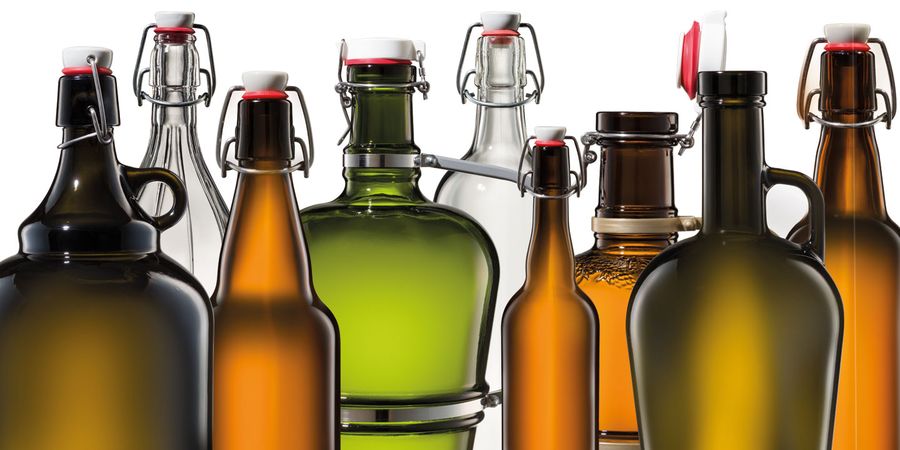
The Future of Glass Liquor Bottles
When it comes to alcohol, glass liquor bottles are the preferred choice for many reasons. For starters, glass is a non-porous material, meaning it won’t absorb any of the alcohol’s flavor or aroma. This is important for preserving the taste and quality of the liquor. Additionally, glass liquor bottles are much more durable than other materials, making them less likely to break or shatter. This makes them a great choice for transporting and storing alcohol. Glass liquor bottles also provide a great canvas for branding and marketing. Companies can use the bottles to showcase their logo, colors, and other design elements. This helps to create a unique and recognizable look that stands out on store shelves. Plus, glass bottles are recyclable, making them a more sustainable choice than other materials. Overall, glass liquor bottles are the preferred choice for many reasons. They are non-porous, durable, and provide a great canvas for branding and marketing. Plus, they are recyclable, making them a more sustainable choice.
Conclusion
When it comes to storing and transporting alcohol, glass liquor bottles are the preferred choice. This is because glass is a non-porous material, meaning it won’t absorb the alcohol, and it’s also impermeable, meaning it won’t allow air or other contaminants to enter the bottle. Glass is also a relatively strong material, so it can withstand the pressure of being transported and stored without breaking. Additionally, glass is a recyclable material, so it’s an environmentally friendly choice. Finally, glass bottles are aesthetically pleasing, making them a great choice for displaying alcohol in bars and restaurants. All of these factors make glass liquor bottles the ideal choice for storing and transporting alcohol.
In conclusion, it is clear that glass liquor bottles have been around for centuries and have many benefits. Not only are they aesthetically pleasing, but they also provide a safe and secure way to store and transport alcohol. Additionally, the science behind glass liquor bottles is fascinating, as the material is able to withstand extreme temperatures and pressures. There are also many different types of glass liquor bottles, each with its own unique design and purpose. As the demand for alcohol continues to grow, it is likely that glass liquor bottles will remain a popular choice for storing and transporting alcohol. With their many benefits, it is no wonder why glass liquor bottles have been around for so long and will continue to be used in the future.
Frequently Asked Questions
Q1: What is the history of alcohol bottles?
A1: Alcohol bottles have been around for centuries, with the earliest known examples dating back to the 16th century. During this time, bottles were made from a variety of materials, including clay, wood, and metal. However, glass quickly became the preferred material for alcohol bottles due to its durability and ability to protect the contents from spoilage. By the 19th century, glass was the standard material for alcohol bottles, and it remains so today.
Q2: What are the benefits of glass liquor bottles?
A2: Glass liquor bottles offer a number of benefits, including durability, protection from spoilage, and aesthetic appeal. Glass is also non-porous, meaning it won’t absorb the flavor or aroma of the contents, which is important for preserving the taste and quality of the alcohol. Additionally, glass is recyclable, making it an environmentally friendly choice.
Q3: What is the science behind glass liquor bottles?
A3: Glass is made from a combination of silica sand, soda ash, and limestone, which are heated to extremely high temperatures to form a molten liquid. This liquid is then poured into molds to form the desired shape of the bottle. The bottles are then cooled and hardened to create a durable and protective container for the alcohol.
Q4: What are the different types of glass liquor bottles?
A4: There are a variety of different types of glass liquor bottles, including clear, colored, and frosted glass. Additionally, there are a variety of shapes and sizes available, from small nips to large magnums.
Q5: What is the future of glass liquor bottles?
A5: Glass liquor bottles are likely to remain the preferred material for alcohol packaging for the foreseeable future. However, there is a growing trend towards using more sustainable materials, such as aluminum and plastic. Additionally, new technologies are being developed to make glass bottles lighter and more durable.
Q6: Are glass liquor bottles recyclable?
A6: Yes, glass liquor bottles are recyclable. In fact, glass is one of the most recyclable materials available, and can be recycled an infinite number of times without losing its quality.
Q7: Are there any health benefits associated with drinking from glass liquor bottles?
A7: Yes, there are some potential health benefits associated with drinking from

